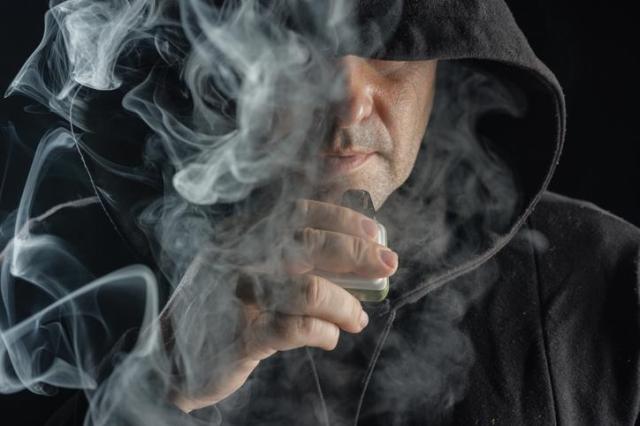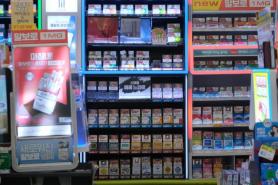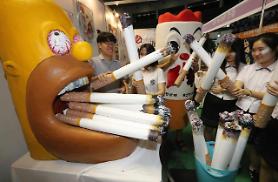
[Photo by Getty Images]
SEOUL, November 28 (AJP) - South Korea is moving closer to regulating synthetic nicotine as tobacco after a key parliamentary committee approved an amendment to the related act, paving the way for a full legislative vote on Dec. 12.
The amendment would broaden the legal definition of tobacco to include products containing nicotine derived from non-tobacco sources. Synthetic nicotine e-cigarettes are currently treated as industrial products, allowing them to bypass tobacco-related regulations such as online sales bans and restrictions on vending machine distribution. Health officials and lawmakers have warned that the loophole has contributed to rising youth smoking rates.
To curb stockpiling ahead of the new rules, the bill shortens the implementation period from six months to four and mandates clearer labeling of manufacturing and import dates. Authorities also plan to inspect existing inventories for harmful substances before they can be sold, while coordinating with local governments to prevent excessive pre-enactment buying.
The amendment grants a two-year grace period for e-cigarette retailers to comply with regulations governing tobacco outlets. Online sales of synthetic nicotine products would end four months after the law takes effect.
South Korea began discussing synthetic nicotine regulation in 2016, but progress stalled amid industry pushback. The latest proposal, initially delayed for further review, passed the legislative committee on Nov. 26.
The e-cigarette industry cautiously welcomed the development. Kim Do-hwan, vice president of the Korea Electronic Cigarette Association, said: “Though delayed, we welcome the decision. However, the two-year grace period for vending machine sales is disappointing.”
Still, some industry voices argue that taxing synthetic nicotine at the same rate as traditional tobacco is excessive. Natural nicotine e-liquids are currently taxed at 1,799 won per milliliter; applying the same rate to synthetic nicotine would add roughly 54,000 won in taxes to a 30-milliliter bottle.
“The cost and production structure of synthetic nicotine differ from traditional tobacco, so applying the same tax rate burdens small businesses,” an industry source said. “Reasonable adjustments in the detailed regulations are necessary.”
* This article, published by Aju Business Daily, was translated by AI and edited by AJP.
Copyright ⓒ Aju Press All rights reserved.



